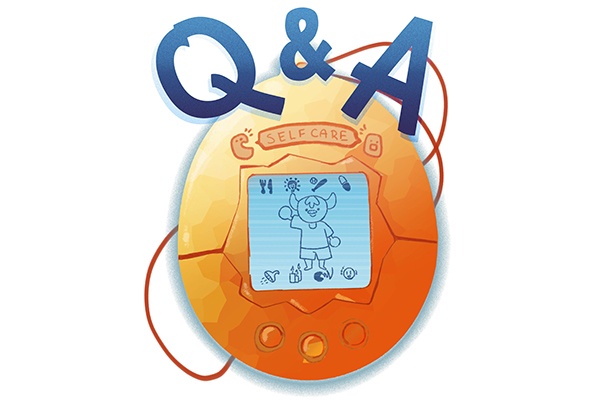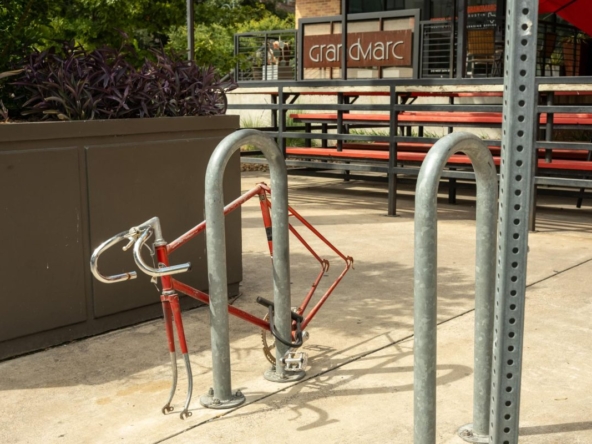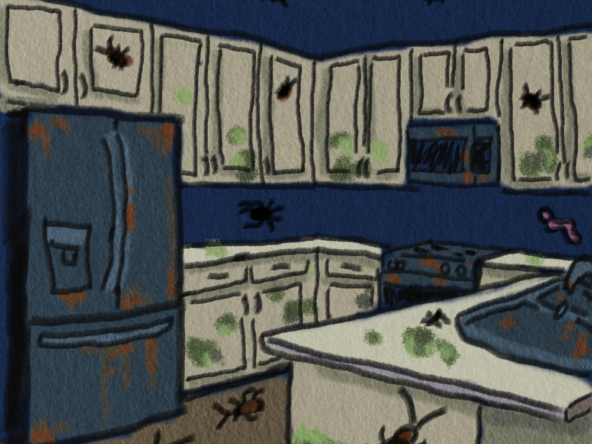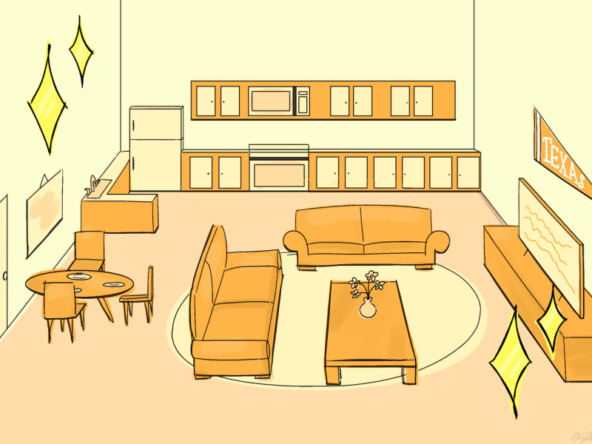As students begin the fall semester, many may feel uncertain about how they will navigate the virtual college experience while caring for their mental health.
The Daily Texan spoke to Kathryn Redd, the associate director for Prevention, Development and Media Relations for the Counseling and Mental Health Center, about resources and advice students can use to practice self-care.
The Daily Texan: How can students alleviate themselves of anxiety or fear concerning the virus during this time?
Kathryn Redd: Take a break from the news and monitor how much you’re consuming. Something that typically works for alleviating fear or anxiety is talking to someone about it. These are unprecedented times, so our typical coping mechanisms might not be working right now. It’s really important that we listen to ourselves when we need to seek outside help.
KR: Some folks (have) success with orienting (themselves) in a different direction when doing a different task. So like, “This is the direction I face when I’m doing schoolwork, and then I go out into the living room when I’m working out.” Getting up and taking breaks regularly and building those into your schedule is really important.
DT: How should students discuss social distancing boundaries with friends or roommates?
KR: There’s some roommate guidelines on the Protect Texas website. Take a look at that document, assess your situation and figure out what sort of issues you need to talk through.
DT: What are some ways students can still maintain somewhat of a social life during this time?
KR: Make it a priority — don’t just wait for social connections to come to you or for opportunities to just present themselves. We all need to actively incorporate (socializing) into our life. I think intentionally making a plan for, “Here’s how I’m going to stay engaged with my friends, family or loved ones,” (is important).
DT: Do you have any tips on how students can engage and feel comfortable and in their virtual classes?
KR: One of the pitfalls that we all fall into is it’s so easy to multitask when you’re listening to a Zoom call. Your computer is right there and you think, “I might as well just get these other things done.” I noticed when I make the intentional point of sitting and listening and I turn off my notifications, I’m more deeply connected to the content and the people in that Zoom.
DT: What are some ways students can deal with frustrations concerning the longevity of the pandemic?
KR: We all are sort of waiting for this to be over in order to live our lives. This is life right now and maybe it’s not what we would have chosen, but (we should) not let holding off for some future event prevent us from living our lives. It’s so much easier said than done, and there’s a lot of barriers that can prevent that from happening — you know, fear of family members getting sick or getting sick yourself. But, (we need to remember) this is life right now, and life doesn’t stop.
By Anissa Reyes
Illustration by Destiny Alexander




